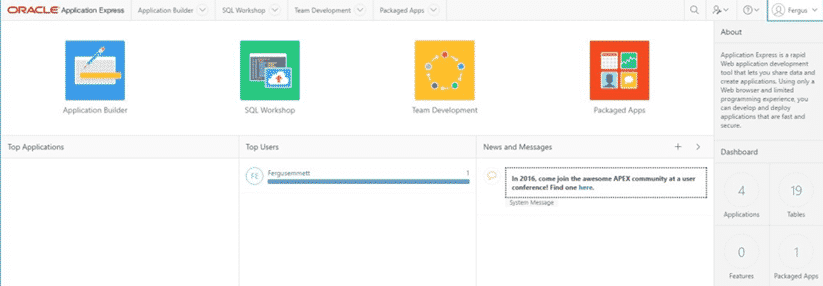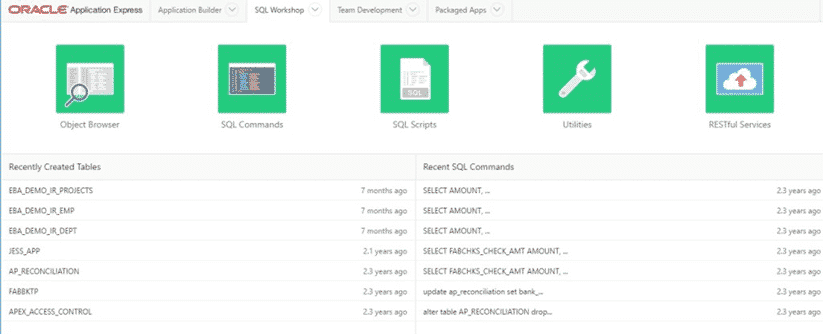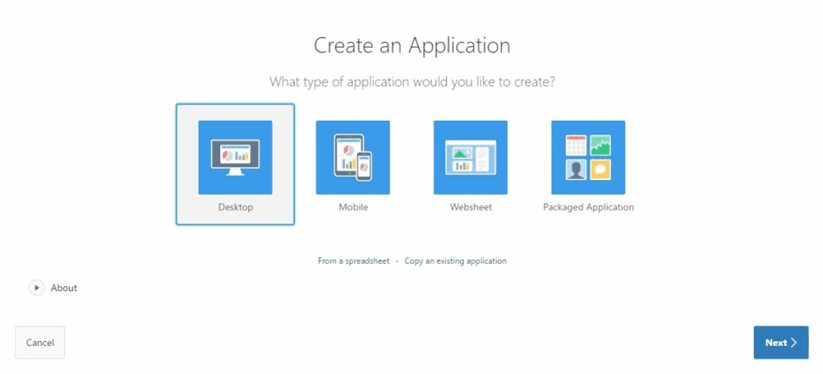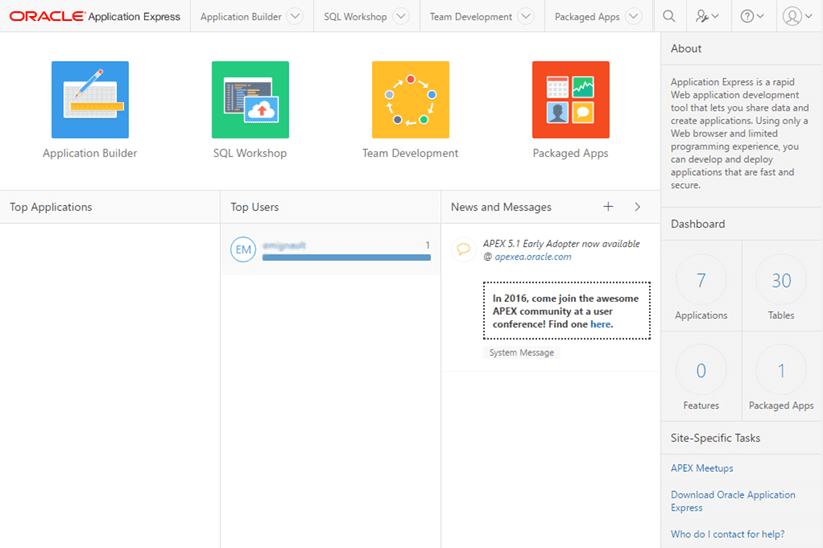Because we are the world’s leading Oracle APEX consultancy, we get a lot of questions. Here are the Top 5 Questions People Ask about APEX.
1. What is APEX?
Oracle Application Express (APEX) is a Rapid Application Development framework for the Oracle database. The word rapid should be stressed. With basic SQL and PL/SQL skills, you can quickly create applications that add real value for businesses.
You can create an APEX work space for free at apex.oracle.com.

2. Why use APEX?
- If you are already working with the Oracle database, then APEX is a no-brain’er.
- The development tool set is freely available. You don’t need anything more than a browser.
- APEX is rapid. You can produce useful applications within days, that would take weeks using other frameworks.
- APEX is a no cost option for those with a database license.
- Leverage your existing skill-set. With Oracle and SQL and PL/SQL experience, you’ll be productive with APEX.
- Simpler infrastructure, especially for developers. After the initial APEX install and configuration. you don’t have to worry about database connections or session management.
- Deployment complexity is greatly reduced. You need to prepare your SQL scripts as usual, create tables and stored procedures. Export the APEX application to a SQL file and off you go.

3. Why would you not use APEX?
If you don’t use Oracle, then it probably doesn’t make sense to use APEX unless you are first willing to migrate from your current database to Oracle. If you are heavily invested in SQL Server, then .NET would probably be the best fit.
4. Does it scale?
The short answer is yes. However, if the underlying database design and code are poorly designed, then APEX will reflect those shortcomings, but it’s not to blame. A Java or .NET application would perform just as poorly. The question should really be, “does the database scale?” and the answer to that is most definitely yes.
Take a look at Joel Kallman’s article, You don’t lack APEX skills…..you lack Oracle skills.
5. What can I use it for?
The sky is the limit. Actually, your imagination and skill level are the limit. I’ve seen games that are written in APEX. You can use APEX for any web application you like, but some domains are more appropriate than others.
Data-centric application – anything to do with the data in your database e.g. reporting, CRUD.
Free up your operations staff by allowing your business users to execute their own custom processes.
There is a myth that APEX is only appropriate for “small” applications, spreadsheets, and Access conversions. While APEX is perfect for such applications, it can handle as much complexity as you can throw at it.
I pinched the following statistics from a blog post by Joel Kallman. The post describes the internal instance of APEX at Oracle Corporation. This instance is for Oracle employees to build business critical applications for internal purposes.
Total Page Views: 2,389,593
Distinct Applications Used: 2,023
Distinct Users: 18,203
Total Number of Workspaces: 2,759
Total Number of Applications: 14,592

In recent years, there has been much talk of the “full-stack developer”. A super developer that can do it all, from the back end to the front. If you already have Oracle database skills, you have the back end stack. Pair it with APEX, you have the front too. Try creating a “full stack developer” on any other tech stack. I think you’ll have a lot more work on your hands.
If you are already using the Oracle database and you need to build web applications, do yourself a favor and try APEX. You won’t be disappointed.


I like this statement “do yourself a favor and try APEX”, well said and rightly said.